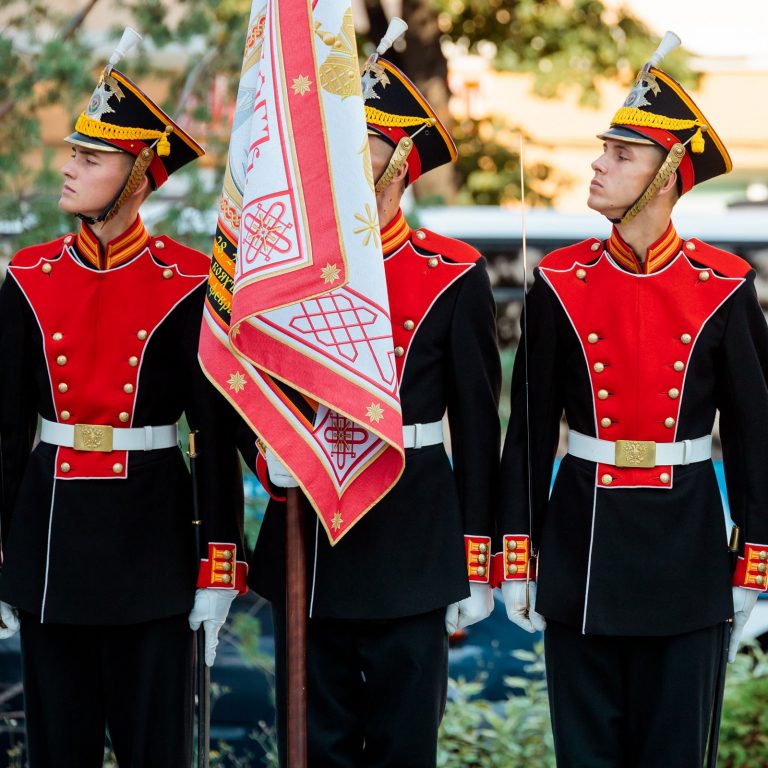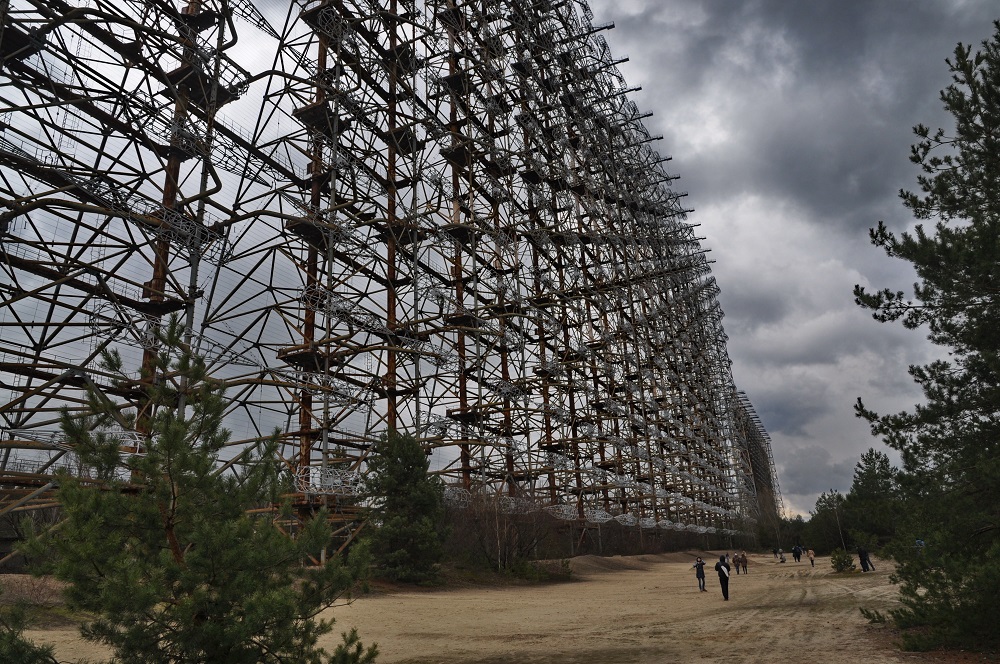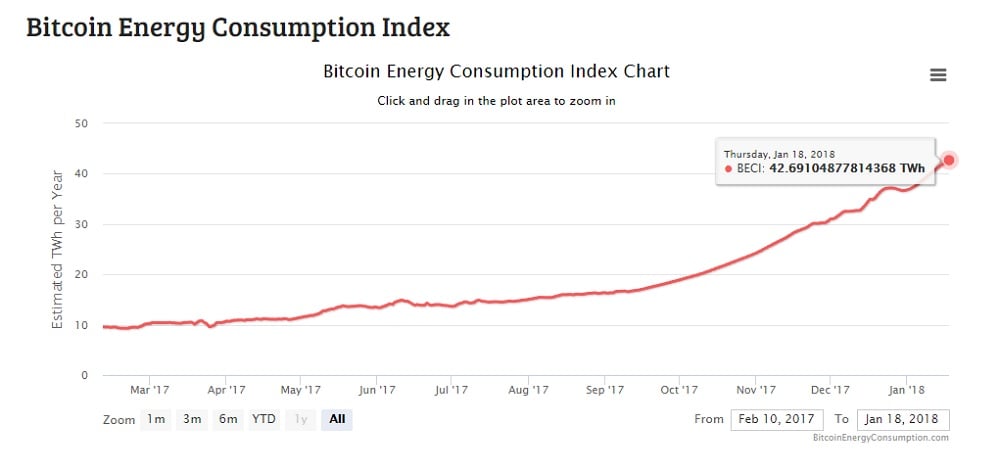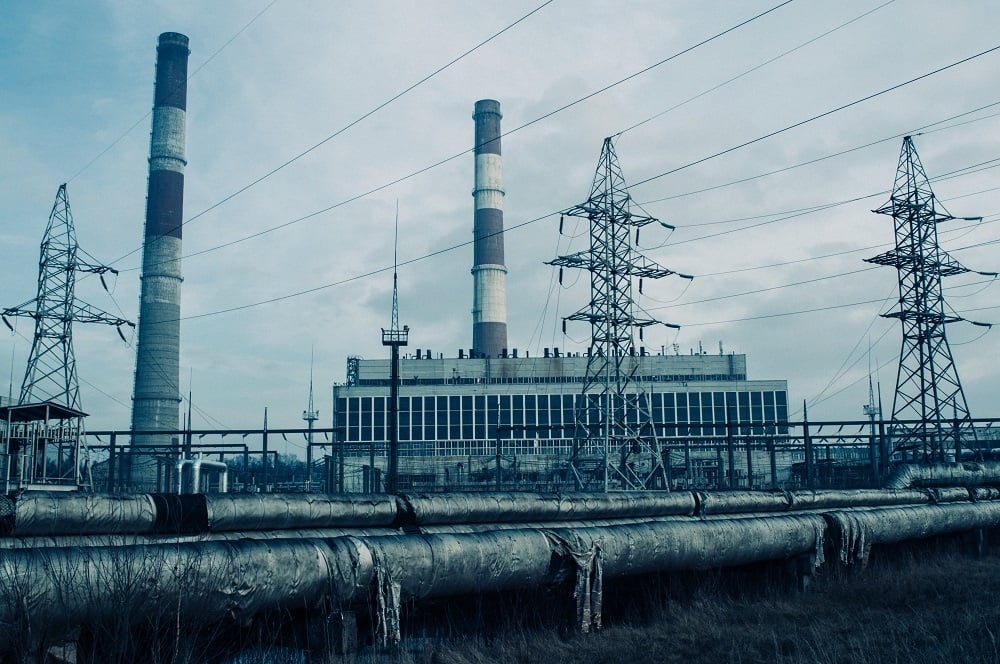Russia Ready for Migrant Bitcoin Miners Influx

Despite some indecisiveness about cryptocurrencies on the part of centralized power, Russia has been quietly preparing for a wave of migrant crypto miners from East and West. It’s been said that the country has got what it takes to invite them. A third of the Soviet era power producing capacity is idling, after energy hungry industries were closed and scrapped in the 90’s. Experts, home and abroad, members of the local crypto community, all agree – Russia is ready to welcome bitcoin miners from China and Europe. That’s if Moscow says “yes”… or at least doesn’t say “no”.
Also read: Mining Operations Offered to India After Mixed Signals from Beijing
Russians Mean Business
“Hello, Invite Chinese miners to Russia!! Excess electricity capacity – 20 MW… 3 rubles/kWh (0.05USD; 0.32RMB)”. This is just one of many ads you can find in bitcoin forums these days. With electric installation to plug in the rigs – ready, internet cables stretched in a 5,000 m2 air-cooled building – check, fire alarm and CCTV cameras – installed, and 24/7 tech support – available, Russians mean business. The country is ready and even bragging about what it can offer to miners chased beyond the Great Wall, but not only, “Do you cooperate with European colleagues?” a question reads when you scroll down. “I’ll send the contract…”, the answer follows shortly after.
Dozens of applications to mine bitcoin in Russia have been received already from companies and individuals from China and the EU, as news.Bitcoin.com reported. The Russian Cryptocurrency and Blockchain Association has invited colleagues from China and Slovakia to help increase Russia’s appeal to relocating miners. Spanning 11 time zones, filthy rich with natural resources and cheap energy, the largest country has a lot to offer. It has been estimated that the mining industry can pour trillions of rubles into federal and regional budgets. And Russian experts say authorities must think about creating the right conditions to accommodate the market.

Intercepting Long Wave Radio Chatter
Government, business and crypto community have long recognized certain developments to the East and West of Russia. Signals from Beijing, Brussels, and Washington have been heard and are certainly being analyzed and interpreted. Not willing to sacrifice an inch of its “Sovereign Democracy” territory, Moscow, when it comes to cryptocurrencies, has been tempted to gain some ground, vacated by rivals and competitors.
 Recent moves by major players in the “multipolar” world, as Russia likes view it, have cleared the arena for some bullish play by the Bear waking up after winter hibernation. In preparation for the G20 summit in March, Paris and Berlin are working on joint Franco-German proposals to regulate cryptocurrencies; The US Treasury Secretary seeks help from the Group of 20 to prevent “digital anonymous Swiss bank accounts”; Headed by the People’s bank of China, a working group has prescribed measures to restrict mining operations in those Chinese regions that offer the best conditions – cheap electricity and cool climate. Well, Russia has both the climate and the power, electrical and political, to invite expelled crypto businesses and miners.
Recent moves by major players in the “multipolar” world, as Russia likes view it, have cleared the arena for some bullish play by the Bear waking up after winter hibernation. In preparation for the G20 summit in March, Paris and Berlin are working on joint Franco-German proposals to regulate cryptocurrencies; The US Treasury Secretary seeks help from the Group of 20 to prevent “digital anonymous Swiss bank accounts”; Headed by the People’s bank of China, a working group has prescribed measures to restrict mining operations in those Chinese regions that offer the best conditions – cheap electricity and cool climate. Well, Russia has both the climate and the power, electrical and political, to invite expelled crypto businesses and miners.
 Preparing its regulatory framework, expected by the summer, Russian authorities have sought advice from abroad. Miners from 15 countries have been asked to explain to Russian legislators how cryptocurrencies are mined and share knowledge about different approaches to regulation. The Russian Cryptocurrency and Blockchain Association has invited experts from China and Slovakia to help with proposals to increase Russia’s appeal to mining investors. They have joined a special committee representing the sector, RCBA’s president Yuriy Pripachkin told RIA Novosti. Intentions to attract miners from Europe, have been discussed in the past.
Preparing its regulatory framework, expected by the summer, Russian authorities have sought advice from abroad. Miners from 15 countries have been asked to explain to Russian legislators how cryptocurrencies are mined and share knowledge about different approaches to regulation. The Russian Cryptocurrency and Blockchain Association has invited experts from China and Slovakia to help with proposals to increase Russia’s appeal to mining investors. They have joined a special committee representing the sector, RCBA’s president Yuriy Pripachkin told RIA Novosti. Intentions to attract miners from Europe, have been discussed in the past.
“I don’t see any problem if the Chinese start relocating their mining farms to Russia”, Sergei Repetyuk, Economics Director at the Institute of Economics and Natural Monopolies, said, quoted by the agency. He also pointed out:
Even in peak times, up to 40% of Russia’s power generating capacity remains unutilized.
Repetyuk’s assertion was supported by Evgeniy Itsakov, associate professor at the Faculty of Economic and Social sciences: “There is a surplus of cheap electric energy in Russia, as the generating capacity has been designed to match the needs of the heavy Soviet industry”, he explained. Cryptocurrency mining is already a separate sector and will exist until something more effective, but just as reliable and anonymous, is invented, Itsakov added. Authorities must think about creating conditions for fair play on the market, he insisted.
Soviet Era Gear to Power Today’s Disruptive Technology
Crypto Mining needs a lot of energy. The proof of work for bitcoin has consumed more than 40 TWh of electricity in 2017, according to data released by Digiconomist and quoted by RIA Novosti. Processing Ethereum transactions spent more than 10 TWh by December. Up to 80% of the world’s mining capacity currently resides on Chinese territory. Potential energy shortages in provinces where the largest mining facilities are located, have reportedly worried Beijing. Authorities in two autonomous regions – Inner Mongolia and the Xinjiang-Uygur, and two provinces – Sichuan and Yunnan – have received recommendations from the capital to restrict electricity supplies to the miners.

Build to supply the inefficient heavy industry of the Soviet Union, Russia’s energy producing facilities are now far from being stressed to their limits. Even in peak hours, Russian homes and businesses consume about 60% of what Russian coal, hydro and nuclear power stations can produce. Their aggregate capacity is estimated at 236 GW, far more than what the country currently needs. RCBA’s experts have already calculated that some 1.7 trillion rubles ($30 billion) may enter the Russian economy, if the idling facilities produce 100 GW of electricity to power crypto mining projects. Chinese miners should be excited by the fact that a lot of this surplus is concentrated in Russia’s Far East. President Putin’s representative there, Yuriy Trutnev, has already proposed using the excess power to mine cryptocurrencies. Reserves in the Russian one third of Europe and the Ural Federal District have also been reported.

There are indications that a “Migration Period” has already started in Asia. Cool climate and cheap energy will be important factors for relocating miners. Russia and other countries in Eastern Europe, along with Canada and Iceland, have received media attention as mining destinations. Some of those countries are already competing to attract Chinese miners. Regions, like Québec, have announced readiness to welcome mining immigrants, promising low electricity rates and positive attitude.
Russia could be joining the race if intentions, like those of Moscow regional authorities, win support from the federal government. A muted, but intense debate in Moscow has exposed some institutional fault lines. The Ministry of Finance supports legalizing crypto derivatives trade but is lukewarm towards the crypto-ruble idea. The Central Bank has been pushing for a national digital currency, but is reluctant to allow trading of coin-based financial instruments on traditional exchanges. And the Kremlin is unlikely to reveal its true intentions before the presidential elections in March take place. Russia, though, may like the idea of hosting crypto mining because it does not necessarily imply adoption of cryptocurrencies. It just looks like a safe way to say “yes” to bitcoin and the rest, without actually uttering anything.
Do you think that Russia will welcome Chinese miners and offer them incentives to invest? Tell us in the comments section below.
Images courtesy of Shutterstock and Digiconomist.
Express yourself freely at Bitcoin.com’s user forums. We don’t censor on political grounds. Check forum.Bitcoin.com.
The post Russia Ready for Migrant Bitcoin Miners Influx appeared first on Bitcoin News.

Post a Comment
Post a Comment